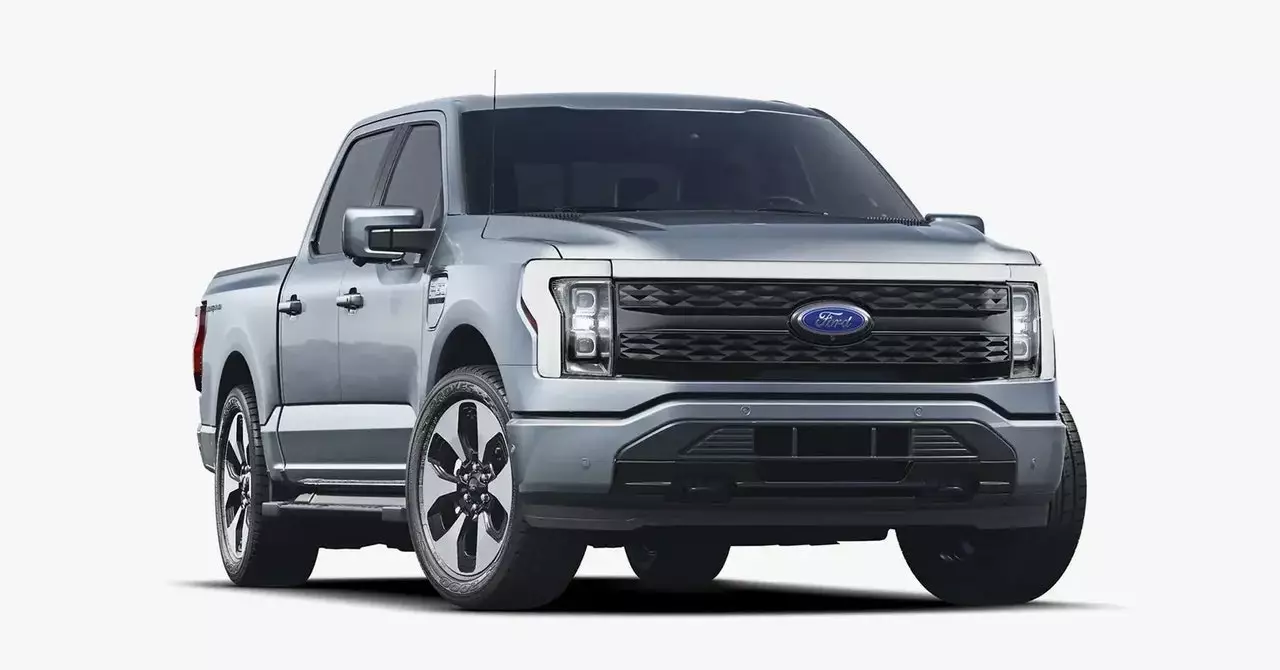Electric vehicles (EVs) have been gaining popularity in recent years as a more environmentally friendly alternative to traditional gasoline-powered vehicles. However, even early adopters and those seeking to reduce their CO2 emissions are facing challenges, such as the significant first-year depreciation of some EVs, which can be as high as 50 percent. This steep depreciation rate can deter potential buyers and impact the overall market for EVs. Automakers are also feeling the pressure to adapt to this changing landscape.
In response to these challenges, Ford recently announced plans to adjust its rollout of pure electric vehicles in order to deliver a more capital-efficient and profitable electric vehicle business. The company is looking to broaden choices for customers by offering a range of electrification options tailored to meet their needs and duty cycles. By killing off its three-row SUV and delaying the launch of a next-generation pickup, Ford is taking steps to mitigate losses resulting from its previous ambitious EV plans.
Ford’s CEO emphasized the importance of profitability in the production of electric vehicles, stating that the company would not launch any EVs in the future unless they can turn a profit within 12 months. This shift in strategy reflects the growing pressure on automakers to balance innovation with financial sustainability. In the face of rising compliance requirements and pricing pressures, automakers like Ford are forced to reevaluate their approaches to EV production and distribution.
As the automotive industry continues to evolve, with scores of new electric vehicle choices hitting the market and changing customer preferences, automakers must adapt to stay competitive. Ford’s decision to delay the production of its T3 electric truck and focus on developing hybrid technologies demonstrates a commitment to meeting customer demands while achieving profitability. The company’s plans to introduce an all-new, fully electric commercial van and continue offering gas and diesel vehicles reflect a strategy of diversification in response to shifting market trends.
The automotive industry’s shift towards electric vehicles presents both opportunities and challenges for automakers. Ford’s recent announcement to adjust its EV rollout and prioritize profitability highlights the need for strategic adaptation in a rapidly changing market. As other automakers like General Motors and Honda also pivot their strategies in response to evolving customer demands, the future of electric vehicles in the automotive industry remains uncertain yet promising. Only time will tell how automakers navigate these challenges and capitalize on the growing popularity of EVs.

